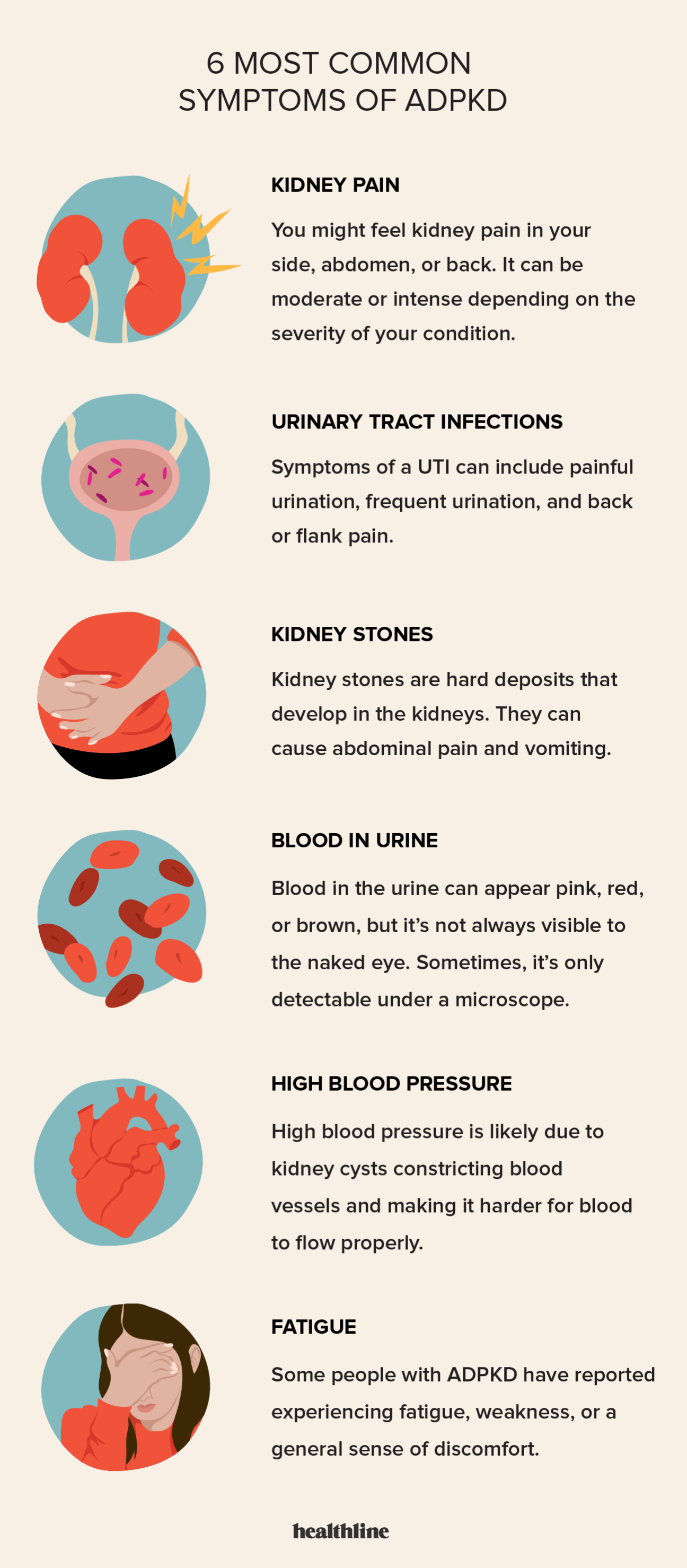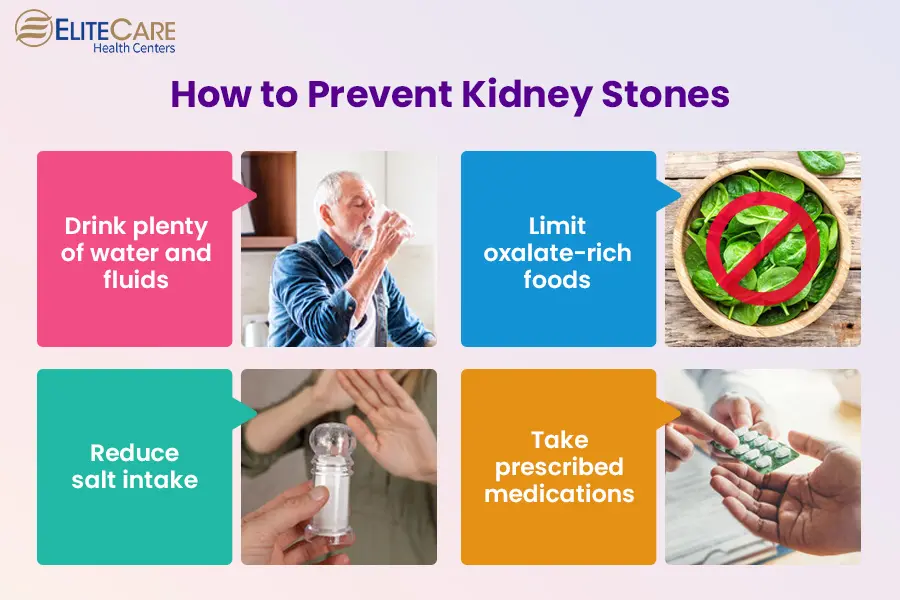Recognizing the Differences Between Kidney Stones vs UTI: Secret Signs and Treatments
Recognizing the Differences Between Kidney Stones vs UTI: Secret Signs and Treatments
Blog Article
Exploring the Symptoms and Causes of Kidney Stones in Comparison to Urinary System Tract Infections: An In-depth Overview
The exploration of kidney stones and urinary tract infections (UTIs) discloses a complex interplay of signs and underlying causes that necessitate careful evaluation. What are the crucial differences in their signs and symptoms, and exactly how might these notify therapy techniques?
Summary of Kidney Stones
Kidney stones, additionally called renal calculi, kind when certain substances in the pee crystallize and aggregate, resulting in the growth of hard deposits within the kidneys. These stones can vary in size, varying from a grain of sand to a golf round, and can be made up of various materials, one of the most typical being calcium oxalate, uric acid, struvite, and cystine. The development of kidney stones is affected by numerous factors, consisting of nutritional routines, fluid intake, and hereditary predisposition.
Signs and symptoms of kidney rocks might consist of severe discomfort in the back or side, blood in the urine, nausea or vomiting, and constant urination, specifically as the rock moves via the urinary system system. Medical diagnosis normally entails imaging researches such as ultrasound or CT scans, together with urinalysis to determine the stone's composition.
Treatment choices differ based on the dimension and type of rock, in addition to the extent of signs and symptoms (Kidney Stones vs UTI). Small stones might pass normally with boosted liquid consumption, while bigger rocks may call for clinical treatments such as lithotripsy or surgical elimination. Comprehending the pathophysiology and risk aspects linked with kidney stones is vital for efficient avoidance and monitoring
Review of Urinary System System Infections
Urinary system tract infections (UTIs) prevail microbial infections that influence any kind of component of the urinary system, including the kidneys, ureters, bladder, and urethra. They primarily take place when microorganisms, usually from the stomach system, enter the urinary system, bring about inflammation and infection. UTIs are classified right into 2 major kinds: straightforward and complicated. Straightforward UTIs usually take place in healthy and balanced individuals with typical urinary system tracts, while difficult UTIs might arise in people with hidden problems, such as architectural abnormalities or jeopardized body immune systems.
The occurrence of UTIs is notably higher in women than men, mainly as a result of anatomical differences, such as a much shorter urethra. Threat aspects include sexual task, specific contraceptive methods, urinary retention, and dehydration. The medical diagnosis of UTIs is generally validated through urine examinations, which may disclose the presence of bacteria, leukocyte, or red blood cells.

Signs of Kidney Stones
The discomfort related to kidney stones can show up in various ways, usually leading individuals to look for clinical interest. Among one of the most typical signs is severe discomfort, typically localized in the reduced back or side, which might radiate to the abdomen or groin. This pain, usually referred to as sharp or cramping, can happen all of a sudden and might rise and fall in intensity.
Additionally, individuals may experience hematuria, or blood in the pee, which can vary from tiny amounts to visible discoloration. This sign might be accompanied by modifications in urinary system practices, such as raised regularity or urgency, as well as discomfort during peeing. Nausea and throwing up are also prevalent, often arising from the body's reaction to intense discomfort.
Sometimes, individuals might experience high temperature and cools, specifically if a secondary infection establishes due to the obstruction triggered by the rocks. Generally, the mix of extreme pain, hematuria, transformed urinary system patterns, and stomach signs and symptoms can provide significant insight right into the existence of kidney stones, necessitating prompt clinical evaluation and treatment. Recognizing here these signs is critical for prompt medical diagnosis and efficient administration of the condition.
Signs of Urinary Tract Infections
Infections within the urinary tract usually provide a variety of unique signs and symptoms that can considerably impact every day life. One of the most common signs and symptoms include a persistent impulse to urinate, usually come with by a burning sensation during peeing, referred to as dysuria. People may also experience increased frequency of peeing, generating percentages of pee each time.
Other noteworthy symptoms include reeky or gloomy urine, which may show the presence of germs or pus. In some cases, pee might appear pink or red due to the visibility of blood, a problem understood as hematuria. Furthermore, individuals might experience pelvic pain or pressure, which can additionally intensify the sensation of seriousness.
Systemic signs may likewise manifest, such as high temperature, chills, and fatigue, particularly if the infection has ascended to the kidneys. It is important to identify these signs early, as untreated urinary system tract infections can lead to extra extreme problems. Kidney Stones vs UTI. Motivate medical focus is suggested when these signs are observed, enabling for ideal diagnostic analysis and therapy to minimize pain and protect against additional health problems
Causes of Each Condition
Regularly, kidney rocks and urinary tract infections emerge from unique yet in some cases overlapping reasons that can affect individuals differently. Dehydration, insufficient liquid intake, and high-sodium diet plans can worsen these conditions, promoting condensation within the urinary system system.

Comprehending these distinctive reasons is vital for avoidance and therapy. Kidney Stones vs UTI. While lifestyle alterations might reduce the danger of kidney stones, ideal hygiene and prompt treatment of urinary system system infections are vital for decreasing their reoccurrence and linked difficulties
Verdict
In recap, kidney stones and urinary system infections existing distinct signs and symptoms and underlying reasons. Kidney rocks are identified by severe pain and metabolic elements, while urinary system system infections mainly entail bacterial infections leading to urinary system necessity and pain. Although both conditions can result in hematuria, their formation devices differ significantly. Understanding these differences is critical for effective medical diagnosis and therapy, inevitably improving client end results for those affected i loved this by either problem.
The expedition of kidney stones and urinary tract infections (UTIs) reveals a complex interplay of signs and symptoms and underlying reasons that require careful assessment.Urinary system tract infections (UTIs) are usual bacterial infections that influence any component of the urinary system, consisting of the kidneys, ureters, bladder, and urethra.Regularly, kidney stones and urinary tract infections emerge from unique yet occasionally overlapping reasons that can influence see post people in a different way.In summary, kidney rocks and urinary system system infections existing distinctive signs and underlying causes. Kidney stones are characterized by extreme discomfort and metabolic variables, while urinary system tract infections mostly involve bacterial infections leading to urinary system necessity and discomfort.
Report this page